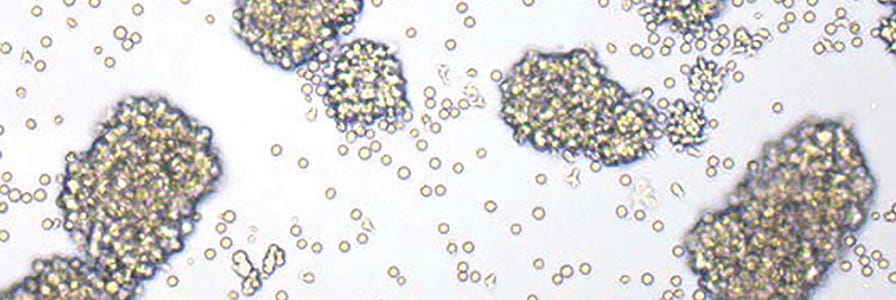Immuno-Oncology
Immune cells have the capability to eliminate tumor cells; however, tumor cells can develop the ability to evade immune responses. Current research efforts have been focused on developing personalized strategies for cancer treatment and developing new therapies that bolster the immune response in the fight against tumor cells.
Below is a collection of scientific resources for your immuno-oncology research.
Production of Chimeric Antigen Receptor T Cells
This free Nature Protocols Wallchart summarizes the processes involved in producing CAR T cells for therapy.
Get Your Free Copy >Immune cells have the capability to eliminate tumor cells; however, tumor cells can develop the ability to evade immune responses. For example, malignant cells can modify their antigens to avoid immune recognition, or express factors that modulate or suppress immune cells. To add to the complexity, certain immune cells, including certain subsets of regulatory T cells and macrophages, have been shown to contribute to tumorigenic environment or cancer metastasis. With recent advances in immunotherapy, researchers are increasingly interested in harnessing immune mechanisms for cancer therapy.
CAR T Cell Therapy
Scientists first began to experiment with chimeric antigen receptor (CAR) T cells in the late 1980’s, when researchers genetically engineered T cells to express an antibody that redirects their specificity. In 2011, a successful case of CAR T cell therapy for leukemia fueled a new excitement in immuno-oncology research.
Cancer Immunology
In 2013, the promising results of cancer immunotherapy trials led to this field of research being chosen as the ”Breakthrough of the Year” by Science. With recent advances in checkpoint blockades and adoptive T cell therapies, researchers are increasingly interested in harnessing immune mechanisms for cancer therapy.



